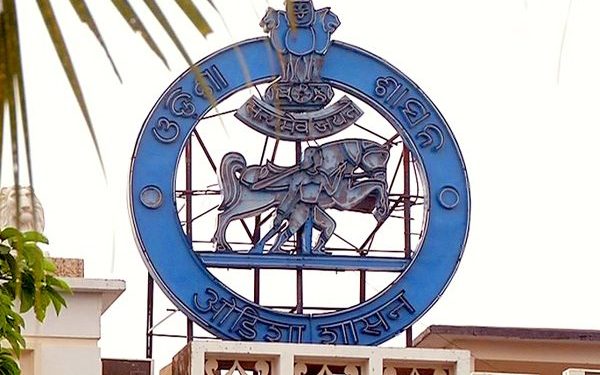The state government last week announced a slew of austerity measures in view of the falling revenues and to pool resources for meeting contingency spending arising out of multiple anti-Covid-19 programmes launched by the government. Expenses of every department barring the Health and Family Welfare have been stopped. All air travel and first class train journey by officers have been disallowed. A complete ban has been put on the purchase of new vehicles. Officers have been told to reduce travelling and monitor programme implementation through video-conferencing instead. All expenditures for renovating government buildings and guest houses and re-furnishing of offices have been stopped. Expenditures beyond Rs 5 lakh for repair and renovation of government office buildings and over Rs 2 lakh for repair and renovation of government residential quarters would not happen without special approval. There has been a complete ban on meetings, seminars, workshops and holding of official lunch and dinner in hotels with government funds. Officers have been told to go for video-conferencing mode instead. A ban has been put on leave travel allowance of government employees. No new state scheme or projects to be taken up by the administrative department except for Health and Family Welfare department. A complete freeze has been put on fresh recruitment while permission has been given for hiring for existing posts.
The cost-cutting measures announced in the wake of the pandemic are only a repetition of an extant policy that the government had brought in to tamp down spending in 2001 – years after the Biju Janata Dal government came to power. In fact, checking the runaway expenses leading to a mounting debt burden was a priority area for the new government. Even though the memorandum was still in force, the government allowed every department to splurge money on luxuries. Scores of populist schemes were introduced without statutory monitoring for political considerations. Thousands of crores of rupees were spent on unplanned programmes. The government allowed itself to violate its own circular. The Finance department is responsible for such gross financial indiscipline. The department allowed wasteful expenditures by senior bureaucrats who spent big on their tours, foreign jaunts and remodeling of office chambers, among others. The Finance department approved proposals for purchase of costly vehicles when there were curbs on purchase of luxury cars. Bureaucrats were allowed to blow money on office decorations and fancy furniture as if these were their rights. All such wasteful expenditures would not have taken place without the consent of the Finance department. The result was the total debt burden of the state shot up from below Rs 20,000 crore in 2001 to above Rs 1lakh crore now. The per capita debt load has gone up to Rs 20,000.
India has been going through an unforeseen economic recession. Countries across the world are jacking up public spending to create opportunities and employment. The Centre on its part has earmarked Rs 20 lakh crore to be spent under different welfare programmes and to help people overcome the crisis triggered by the pandemic. The coronavirus has exasperated the contemporary economic slump. Millions of people have lost jobs. The rate of unemployment is at a record high. The general despondency among public is not going to go in near future, at least until the discovery of a vaccine. In such times, a blanket ban on state spending on schemes and development programmes may not make much economic sense. A ban on wasteful government expenditure is welcome. But banning all expenditures regardless of their implications for the poor could have been avoided. A public announcement banning all government spending will exasperate the depression. Cutting down the flab is welcome, but extending the ban across all spending including welfare and development may be a mug’s game.






































